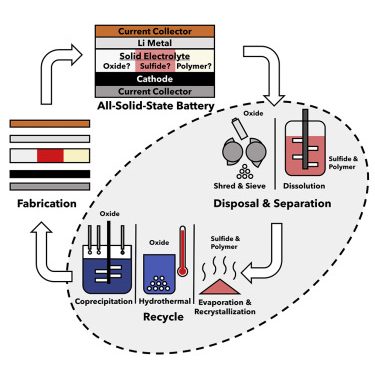360-degree spatial audio in your surroundings. This technology is compatible with a broad spectrum of devices and setups, with the most intriguing aspect being that a Dolby Atmos arrangement can range from the cost of a professional recording studio, where sound engineers utilize numerous speakers and subwoofers to create a live band-like atmosphere, to something as personal as donning Apple’s AirPods models, priced at approximately $100.
Simply ensure your device supports Dolby Atmos decoding — examples include an iPhone, Apple TV, Xbox, Windows PC, or TV — in conjunction with Bluetooth headphones or speakers. If Dolby Atmos is not activated by default, you may need to navigate to your device’s audio settings, followed by playing content marked Dolby Atmos in a compatible app.
According to Dolby, Atmos technology is ideal for fully immersing you in films, TV series, gaming, or even music tracks. Sound originates from all directions, so when you perceive gunshots from behind you, a helicopter soaring above, or dialogue shifting from left to right, that’s Dolby Atmos functioning seamlessly. When it comes to music, the company describes Atmos as feeling like being in the midst of a concert, allowing you to pinpoint the location of the bassist, guitarist, lead vocalist, and more. Dolby Atmos experiences are accessible via various Bluetooth headphones and speakers, as outlined below.










